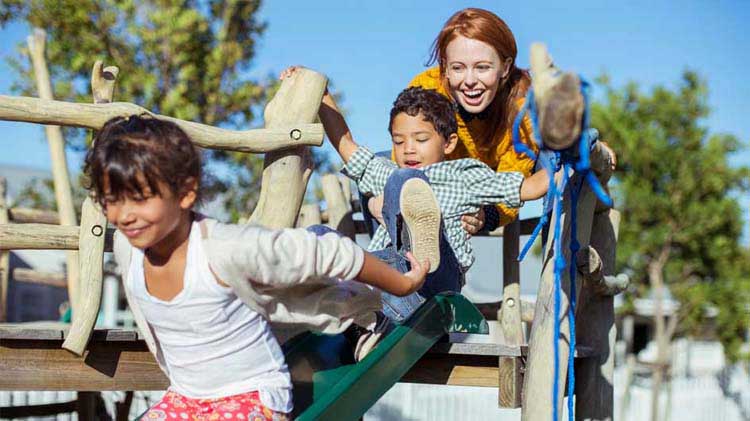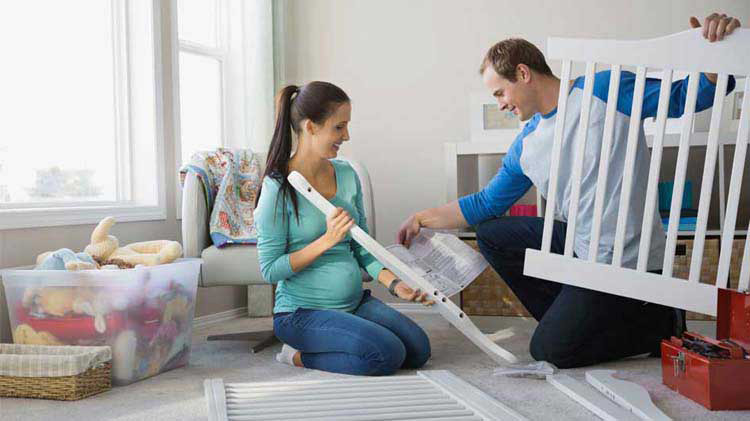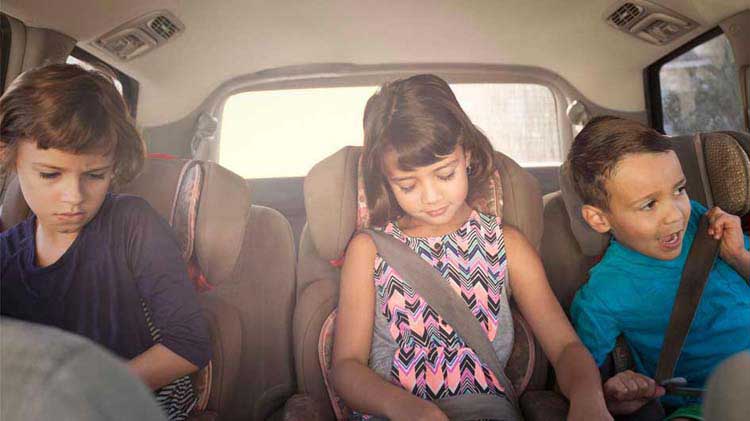Prepare a babysitter checklist
Consider putting together a checklist for yourself and a list of important information about your child, family and home to help prepare your babysitter.
It's good to be cautious when it comes to babysitters, whether you're hiring someone new or enlisting the help of a seasoned nanny. See that your babysitter is prepared to take care of your children and equipped to handle emergency situations by providing them the right information.
What should I do before the babysitter comes?
- Meet the babysitter and check references and training in advance.
- Confirm the babysitter has had first aid training and knows CPR.
- Prepare an emergency list for the babysitter.
- Consider setting up a visit to give the babysitter a tour of the house, meet the children and learn their routines.
- Show the sitter around the house, specifically first aid kits, fire extinguishers and other places related to your family’s emergency plan.
What babysitting instructions should I leave?
- Medical information about the children: Write down your child's medicine routine and where it’s stored, food or medication allergies and any other health issues with instructions on how to deal with them.
- Evening schedule for the kids: Children, especially younger ones, might be less fussy if babysitters follow the family's usual routine. Let the babysitter know approximate mealtimes, bedtimes and any other particulars about your child's schedule.
- Any homework or chores that need done: Whether it's homework, sports or practicing an instrument, let your sitter know the expectations and tasks children may need to complete.
- Snacks for the kids: Set out or make a list of appropriate snacks and what time your children may eat them.
- Games, hobbies or crafts: Let the nanny know what your children like to do in their spare time.
- Screen time (tablet, phone, computer, TV): Review your rules around technology and how much screen time the children are allowed.
- Photos of the children: With social media being a part of most teens lives, let them know your viewpoint about pictures of your children being posted online.
- Swimming pools: If you have a pool, let your sitter know if it's ok for them to swim while you are out. Make sure your sitter knows how to keep kids safe in and around pools and can recognize the signs of drowning.
- Playground equipment and trampolines rules: Inform the sitter if the children, including their friends, are allowed to play on the playground equipment or use the trampoline while you’re away.
- Never leave a child alone with a dog, including the family pet: Accidents can happen quickly and children can be bitten or injured when they are left alone with a dog. Supervising children around animals is an important step to reducing the risk of a dog bite. It would also be good to let the nanny know about any family pets and special needs, feeding, or routines the pets may have.
- Special behavioral advice: If you know your child has tantrums or can be unhappy when you leave, give the babysitter specific advice on what your child likes/dislikes that can help resolve the behavior.
What information should I tell a babysitter about my house?
- Address and landline number (if you have one): Operators will ask for this information if the sitter ever needs to contact emergency services. Along with the exact address, include the nearest cross streets or landmarks.
- Safety: Show or remind the sitter where you keep the first-aid kit, fire extinguisher and flashlights. Also point out exits that could serve as emergency escape routes.
- Important numbers: Show the sitter where the important phone numbers are kept.
- Safe rooms: If you have a safe room for weather incidents, see that the sitter is aware of its location.
- Meeting place: Review the fire safety plan with your sitter and the meeting place you taught your children.
- Location of spare key/access: In case of a lockout, show the babysitter where the spare key is or an alternate method of entering the home safely.
What should be included in the emergency contact sheet?
- Your location and schedule: Write down the names and phone numbers of the place(s) you will be during the time you're away.
- Contact information: Give the sitter your cell number and keep your phone on. Also leave the name and number of a relative or close friend as backup.
- Emergency numbers: Provide numbers for the fire and police departments, poison control center, the local hospital and your children’s doctor.
- Expected calls or visitors: Let the sitter know if you're expecting someone. Otherwise, ask them not to answer the door or phone while you're away.




